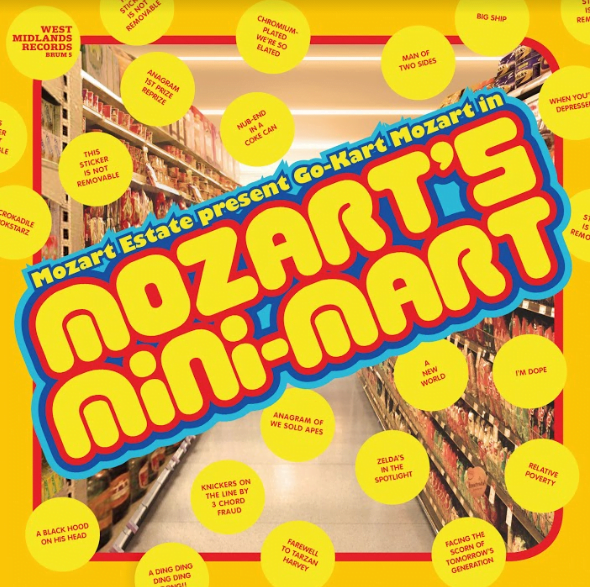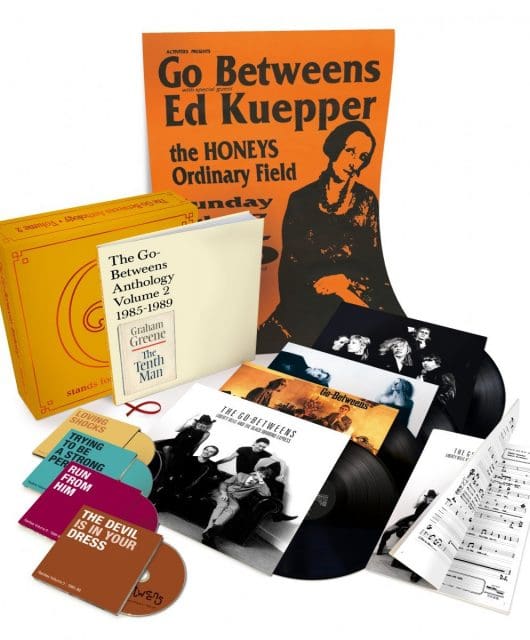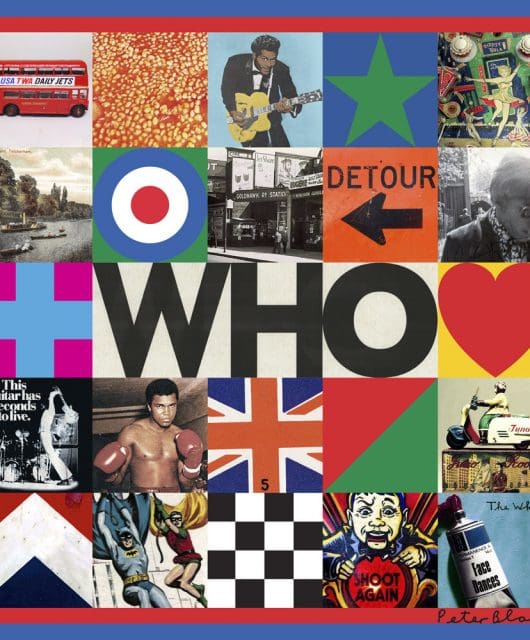Go Kart Mozart – Mozart’s Mini-Mart review
By Classic Pop | March 23, 2018
 “I do not think of myself as a musician, more like a painter working away in total isolation, unknown and without success.” Thus run the liner notes to the fourth album by Go-Kart Mozart, the improbably named project from the implausibly mononymous gentleman once known impeccably as ‘Lawrence from Felt’.
“I do not think of myself as a musician, more like a painter working away in total isolation, unknown and without success.” Thus run the liner notes to the fourth album by Go-Kart Mozart, the improbably named project from the implausibly mononymous gentleman once known impeccably as ‘Lawrence from Felt’.
It’s not an entirely accurate statement, though: Felt remain one of those 80s bands that musicians love to name-drop, even topping the charts once – albeit the indie charts – and Denim, who followed, are similarly memorialised, if sometimes for helping bring dance label Boys Own to its knees.
Still, while Go-Kart Mozart’s second long-player was entitled Tearing Up the Album Chart, they’ve never done that, and Lawrence remains largely unknown. Even 2012’s fascinating but troubling documentary, Lawrence Of Belgravia, received only a limited release, and the auteur now lives an impoverished life near London’s Barbican.
Nothing, however, interrupts his dreams of pop stardom, even concessions to gritty reality. He may sing: “I’m living on a tenner a day”, but on Relative Poverty he still throws around “Awopbopalula”s like spare change on a song that sounds like it was recorded in an Amstrad warehouse. This may sound like a self- centred exercise in delusion, yet Lawrence is truly the artist he believes.
“His pop culture perspective may be eccentric, and his recording budget may not even buy lunch, but his commitment to his cause is impervious.” – Wyndham Wallace
Like Pulp, he reveres the 70s, throwing in social comment – Relative Poverty addresses homeless soldiers, too – with as much conviction as painfully intimate confessions like Zelda’s In The Spotlight’s “Why do you treat me with contempt/ After you’ve fucked me?” And though Knickers On The Line By 3 Chord Fraud’s title may literally sum up its lyrics, there’s a vicious joke hidden in there, while the squidgy keyboards of Nub-End In A Coke Can’s 56 seconds can’t deny the poetry of “I’m a sardonic Lucifer/ With a 50 foot wingspan”.
“A lot of LPs,” the liner notes conclude, “are more admirable than listenable.” Mozart’s Mini- Mart may be one such album. But damn it: who always insists on listenable at the expense of admirable?






